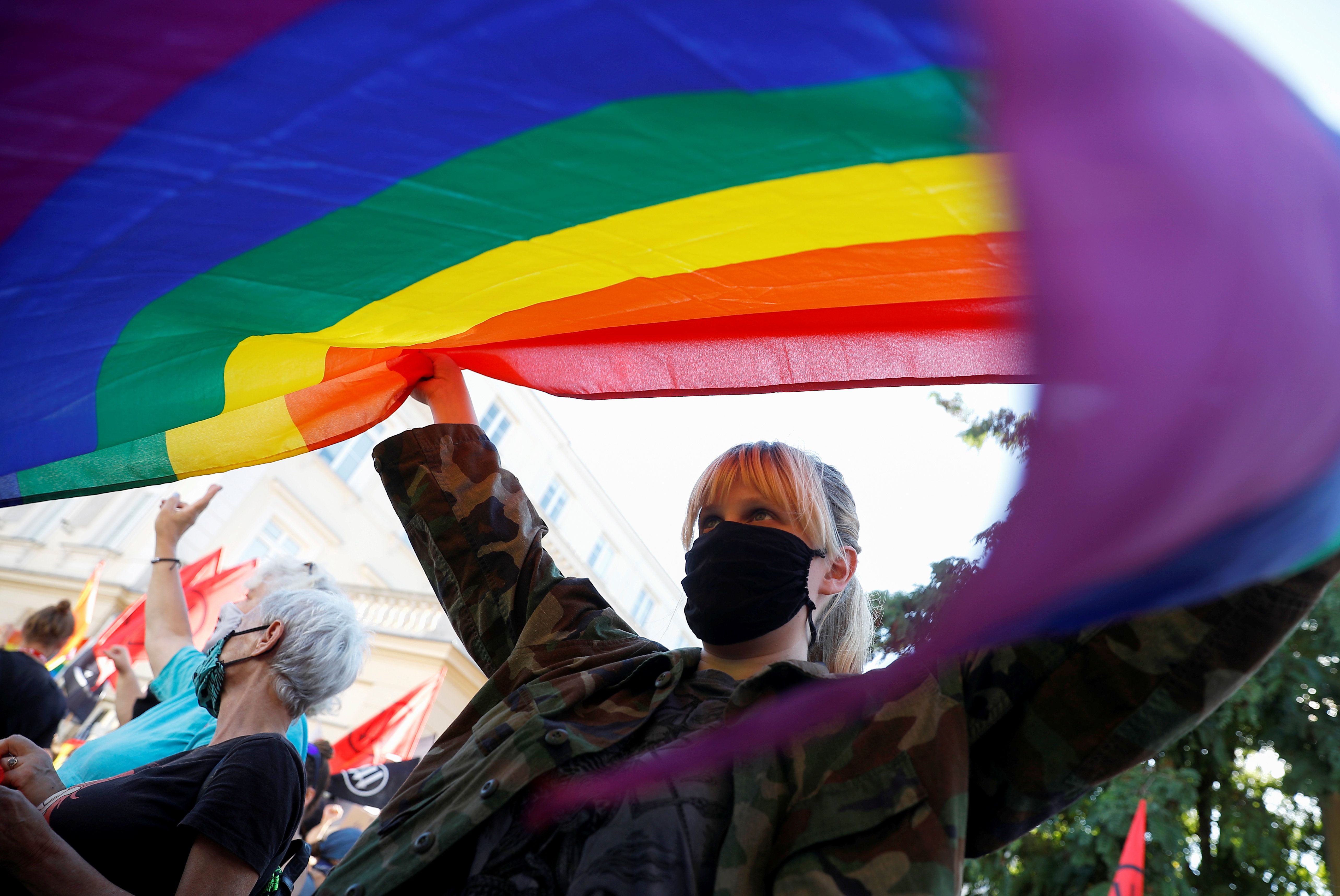Hard Numbers: Polish culture wars, Burkina Faso refugees, US jets for Taiwan, big loss for Norway
67,800: The town of Tuchow in southern Poland will receive $67,800 in government funding after losing access to EU financial assistance for declaring itself "free of LGBTQ ideology." LGBTQ rights have become a flashpoint of Polish culture wars, with the ruling Law and Justice party pushing for what it calls "pro-family" policies in rural parts of the country despite EU threats to withdraw funding if such towns discriminate against LBGTQ people.
1 million: About one million people are now displaced due to increasing violence in Burkina Faso, where jihadist groups and a trigger-happy army are wreaking havoc on the local population. On top of climate change, which is making droughts more intense and frequent, now now the coronavirus pandemic has aggravated an already dire humanitarian emergency in the country, one of the poorest in Africa.
66: The US Air Force has agreed to sell 66 F-16 fighter jets to Taiwan. The sale comes amid rapidly deteriorating ties between the US and China, which considers Taiwan part of its territory, and just a week after the US made its highest-level visit to the island since recognizing the People's Republic of China in 1979.
$21 billion: Norway's sovereign wealth fund lost 188 billion kroner ($21 billion) in the first half of 2020 as a result of plummeting stock prices worldwide due to COVID-19. Close to 70 percent of the fund — where the Norwegian state invests its oil revenues — is held in stocks.
